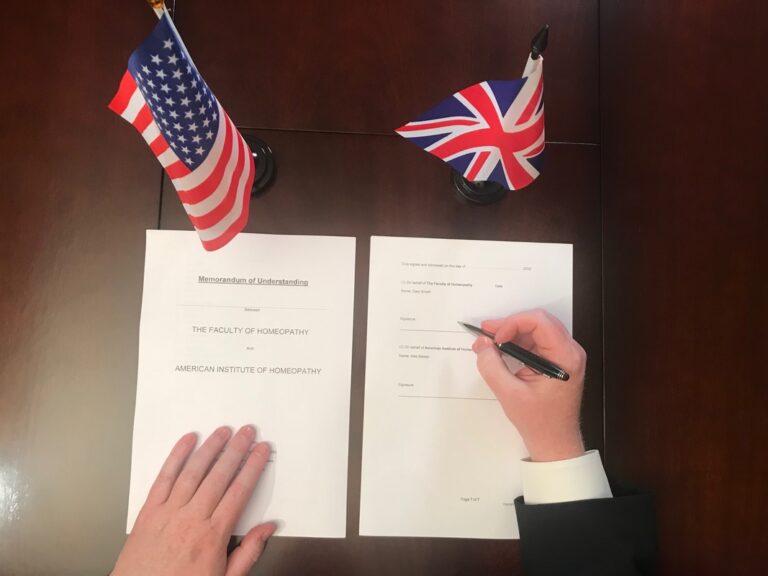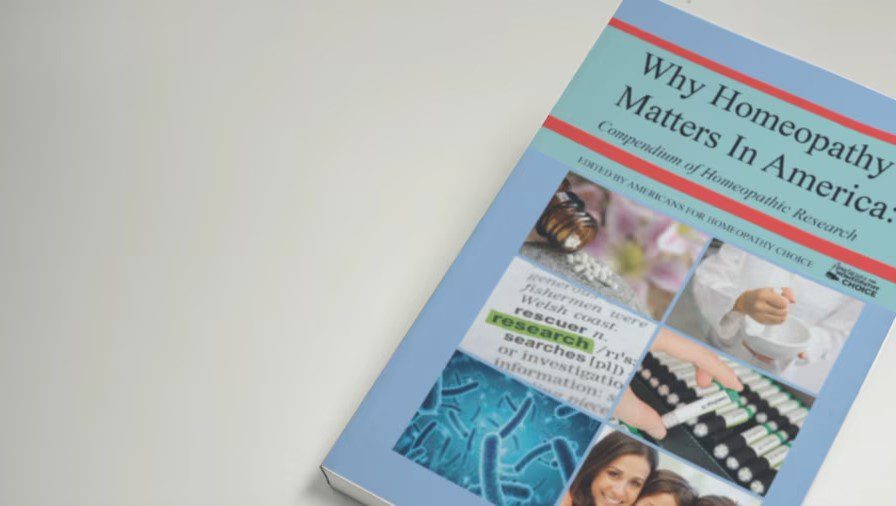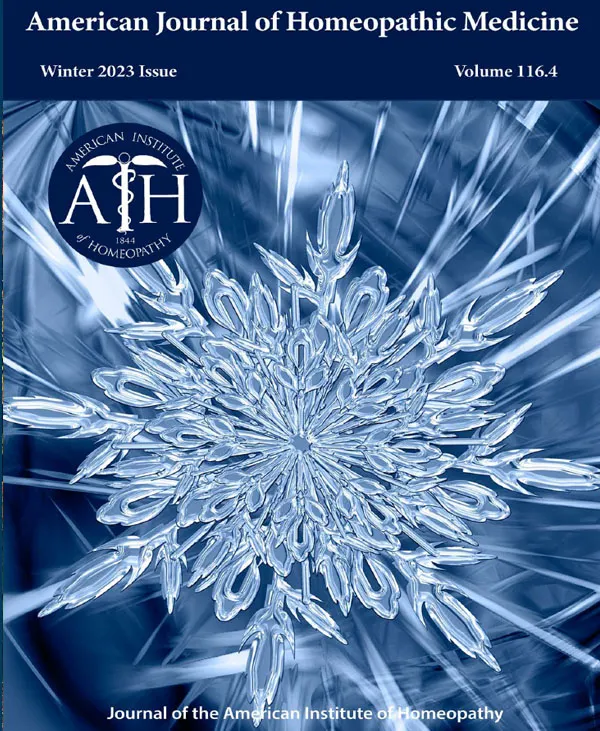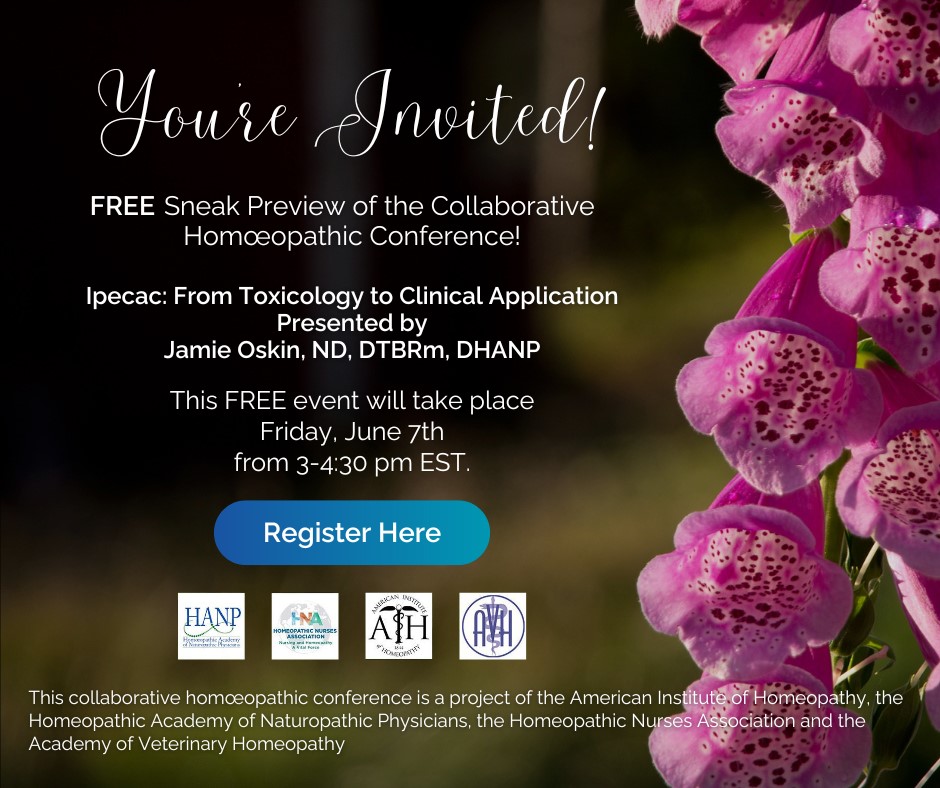
Letter to Concerned Parents about Homeopathic Teething Tablets
An Open Letter from the American Institute of Homeopathy to Concerned Parents, Medical Practitioners and the American Public about Homeopathic Teething Tablets
On September 30, 2016, the Food and Drug Administration (FDA) issued a press announcement warning that Homeopathic Teething Tablets may pose a risk to infants and children , they further recommended that consumers stop using these products and dispose of any in their possession.
The FDA did not initiate any form of product recall, but it did verbally report that a number of adverse events have been reported over the past six years. However, the FDA has not determined if these adverse events were indeed caused by the homeopathic teething products. The FDA warning simply stated that the agency was analyzing these reports, but the wording of this announcement read more like a request for more information than it did a fully substantiated warning.
Interestingly, on October 20, 2016, Health Canada, the Canadian government’s equivalent to the FDA, issued a statement indicating that there was no reason for concern with respect to these products. Health Canada had completed its own investigation on all of the adverse events reported in their system (a total of eleven reports on these products) and found that only one claim was possibly linked to a teething tablet product, but that this was an allergic reaction, and was not specific to anything homeopathic. Health Canada unequivocally stated that there is no indication of a similar safety concern in Canada and no association was found relating these products with any adverse events that were being investigated by the FDA.1
Shortly after the FDA warning, several homeopathic manufacturers lost significant market distribution as major retailers reacted by pulling products off their shelves. As a result, many of these products were discontinued and completely withdrawn from the American market.2 It is important to remember that some these products have been used with an impeccable safety record for more than ninety years.
Any medicine capable of providing benefit may also generate adverse reactions. However, the degree of risk varies considerably according to the amount and the class of each particular drug. Acetaminophen, or Tylenol „¢, is considered one of the safest medicines in the pediatric age group and it is commonly recommended by pediatricians. Both routine and prolonged use of acetaminophen can be associated with toxic elevations of liver enzymes and liver damage, even when the standard dosing guidelines are meticulously followed.3 There are over 100,000 cases of acetaminophen overdose every year and nearly 500 cases of liver failure linked to the drug in the U.S. alone. This is why this drug is a leader in calls made to Poison Control Centers.4
Acetaminophen, aspirin and other anti-inflammatory medicines, offer no therapeutic benefit in most childhood conditions, beyond mild pain relief. Most of these medications lower temperature (a questionable benefit),5 may delay healing from infections and injuries,6 and fail to prevent neurological complications such as febrile seizures.7 Some of these medicines may increase the risk of developing febrile seizures and other complications8 from routine, self-limited childhood illnesses.9
In contrast, severe side effects to homeopathic medicines are exceedingly uncommon. Classified as drugs by the Food, Drug and Cosmetic Act of 1938, their regulation falls under the purview of the FDA.10 Most adverse events related to homeopathic medicines tend to be very mild and transient in nature.11
Reports provided directly to the FDA from poison control centers and other organizations worldwide confirm that homeopathic medicines are extremely safe, and represent a minute fraction of the total number of adverse effects reported for all medicines.12 There has never been a single death, reliably confirmed, that was directly caused by a homeopathic medicine, either in the U.S. or abroad. It appears that homeopathic medications may have the most outstanding safety profile of any drugs in the history of medicine.
Most homeopathic medicines produced in the United States comply with guidelines established by The Homeopathic Pharmacopeia of the United States (HPUS), and bear those initials on their label to inform consumers that they comply with manufacturing guidelines that are subject to inspection by the FDA. The HPUS is an official formulary first published in 1897 by the American Institute of Homeopathy and currently maintained by the Homeopathic Pharmacopoeia Convention of the United States (HPCUS), an organization that works in liaison with the FDA.13
Homeopathic OTC products, manufactured according to guidelines established by the HPUS, carry warnings relating to length of use and the necessity of consulting with a physician if the condition worsens or fails to improve with treatment.
Homeopathic medicines are currently utilized by more than 200 thousand physicians and at least 500 million people worldwide, and they have been incorporated into the national health services of many European and Asian nations. Homeopathic medicines are effective and have been shown to work in countless well-designed laboratory and clinical trials establishing their efficacy. Many groups worldwide, including the American Institute of Homeopathy, maintain extensive databases referencing these studies, available online, free to the public.14
The American Institute of Homeopathy, which is the oldest extant national medical organization in the US, since its founding in 1844, has worked in association with the Homeopathic Pharmacopeia Convention of the United States and testified before the FDA regarding the history and safety of these products. 15 The American Institute of Homeopathy is concerned that the FDA may have overreacted to potential concerns that have not yet been substantiated. The end result of this action has led to a curtailment of consumer accessibility to products that have demonstrated exceptional value and safety for families for nearly a century. As a professional medical organization, the American Institute of Homeopathy also acts as a consumer advocate and is concerned that FDA over-regulation may continue to erode the availability of safe and effective homeopathic products for the American public.
For further information or to help support the efforts of the American Institute of Homeopathy, please visit our website at www.homeopathyusa.org.
Foot Notes:
- http://healthycanadians.gc.ca/recall-alert-rappel-avis/hc-sc/2016/60634a-eng.php
- http://www.hylands.com/hylands-discontinues-teething-tablets-and-gels
- JAMA July 5, 2006: 296(1); 87-93
- Hepatology 2004 Jul;40(1):6-9
- Sullivan JE, Farrar HC. Fever and Antipyretic Use in Children. Pediatrics March 2011, VOLUME 127 / ISSUE 3. 108(4):1020
- Wheeler P, Batt ME. Do non-steroidal anti-inflammatory drugs adversely affect stress fracture healing? A short review. Br J Sports Med 2005;39:65-69 doi:10.1136/bjsm.2004.012492
- http://link.springer.com/article/10.1007/BF01953992
- http://www.mayoclinic.org/diseases-conditions/reyes-syndrome/basics/definition/con-20020083
- https://www.ncbi.nlm.nih.gov/pmc/articles/PMC3550124/pdf/13181_2009_Article_BF03161033.pdf
- http://www.fda.gov/AboutFDA/WhatWeDo/History/ProductRegulation/ucm132818.htm
- Marian F, Joost K, et al. Patient satisfaction and side effects in primary care: An observational study comparing homeopathy and conventional medicine BMC Complement Altern Med. 2008; 8: 52.
- Endrizzi C., et al. Harm in homeopathy: aggravations, adverse drug events or medication errors? Homeopathy. 2005 Oct;94(4):233-40.
- http://www.hpus.com/
- http://homeopathyusa.org/uploads/Homeopathy_Research_Evidence_Base_7-7-16.pdf
- http://www.homeopathyusa.org/
Latest News & Updates
Latest Issue of the AJHM
AJHM – Winter 2023
Volume 116 Number 4
Table of Contents
- Editorial: In this Issue
- Homeopathic PuZZle?
- A Case of Erectile Dysfunction and Anejaculation in a Diabetic Patient
- Iron and Its Salts: Materia Medica and Illustration
- Suppression in the Organon
- An Appreciation of Jacques Jouanny’s Life and a Review of His Opus “The Essentials of Homeopathic Therapeutics”





